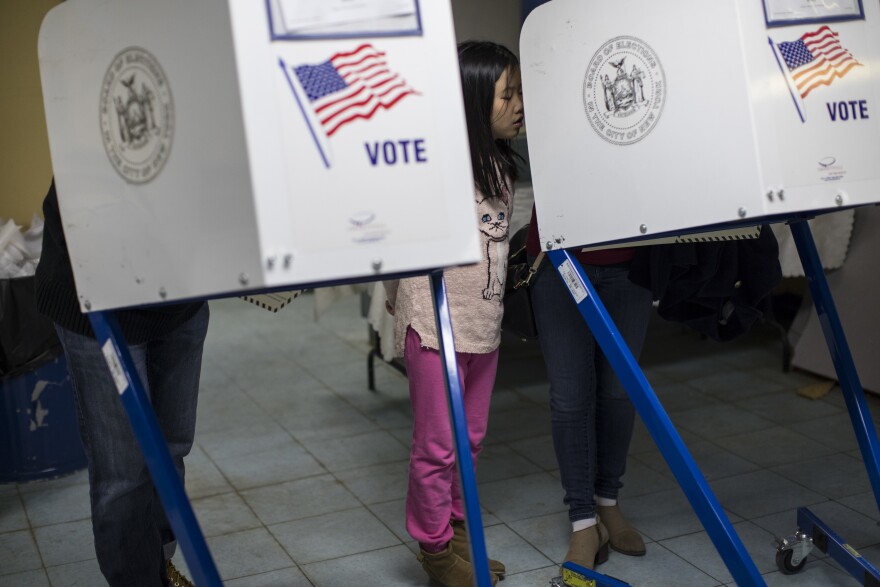A committee of Connecticut lawmakers passed resolutions last week that would allow voters to decide if they want early voting and no-excuse absentee ballots. Now, President Joe Biden has signed an executive order expanding access to voting rights.
Kelly McConney Moore is interim Senior Policy Council at the ACLU of Connecticut. She said this signals that voting rights are a priority. She urges state lawmakers to take action to help more people of color access the vote.
“We know that historically this country has purposefully put up barriers to people of color voting, particularly Black people. Those barriers still persist today. You can see them in Connecticut’s own laws. For example, our law prohibiting people on parole from voting,” McConney Moore said.
McConney Moore said state lawmakers can pass legislation to let Connecticut voters decide to expand absentee ballot and early voting access. They can also decide to restore the right to vote for people on parole.
She said they should also vote to stop counting prisoners as residents of the place where they are incarcerated instead of their hometowns.
Connecticut Secretary of the State Denise Merrill has expressed support for all three of those priorities. Her office did not return requests for comment.
“President Biden’s executive order sends a very clear message that the Federal government should be doing its part to maximize voter registration and civic participation. And the Connecticut General Assembly has the opportunity this legislative session to do the same thing,” McConney Moore said.
A report from the Connecticut Division of Criminal Justice finds that Black people are disproportionately prosecuted for more felonies, which can lead to parole. Black residents make up 11% of the state population, but 34% of felony prosecutions.

